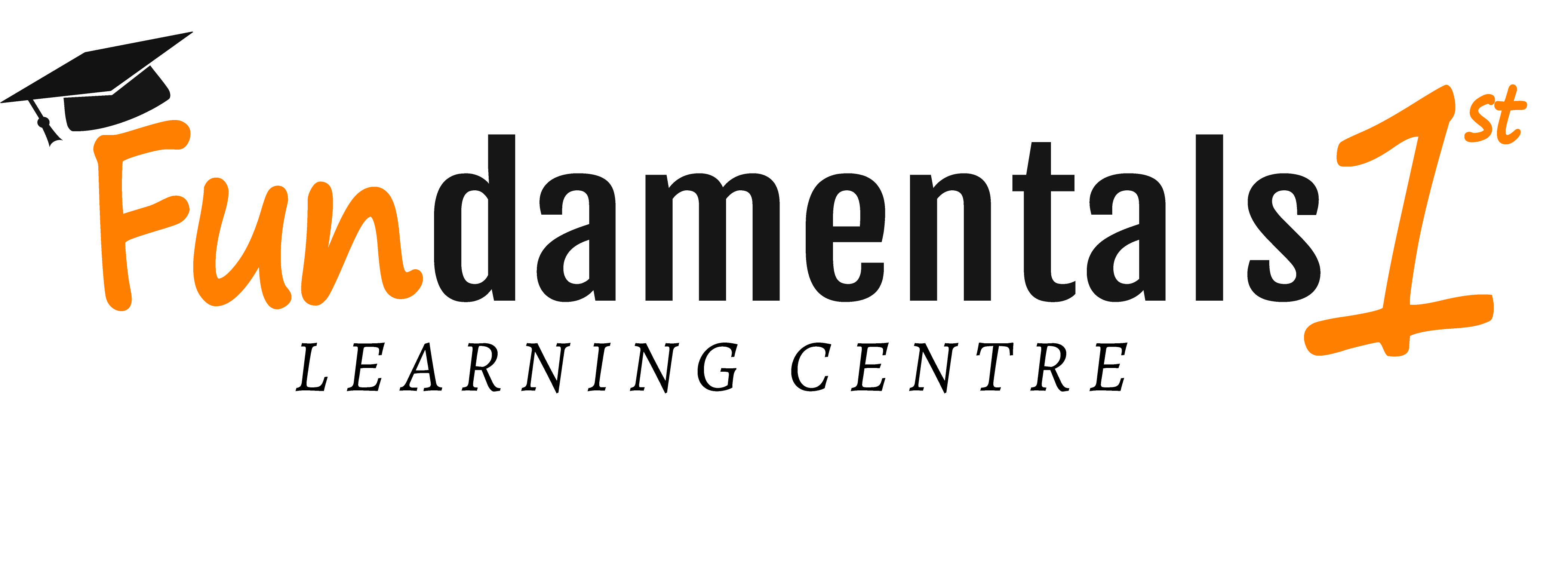
The Role of Sleep in Academic and Work Success: Are You Getting Enough?
In today’s fast-paced world, sleep often takes a backseat to deadlines, study sessions, and work demands. Many students and professionals believe that sacrificing sleep to get more done is the key to success. However, science tells a different story—adequate sleep is essential for cognitive function, memory retention, and overall productivity. So, are you getting enough?
Why Sleep Matters for Learning and Performance
Sleep is not just about rest; it is a critical process that enhances brain function. Whether you’re a student preparing for exams or a professional tackling work projects, proper sleep affects:
- Memory Consolidation – Sleep helps transfer short-term knowledge into long-term memory, improving recall.
- Problem-Solving Skills – Well-rested individuals think more creatively and analyze problems more efficiently.
- Concentration & Focus – Sleep deprivation leads to reduced attention span and difficulty processing new information.
- Emotional Regulation – Lack of sleep can make you more prone to stress, anxiety, and mood swings, affecting motivation and interactions with others.
The Science Behind Sleep and Success
How Sleep Boosts Learning
During sleep, the brain undergoes a process called synaptic plasticity, which strengthens neural connections and helps with learning new concepts. Deep sleep stages, such as REM sleep, play a key role in problem-solving and creative thinking—skills crucial for both academic and workplace success.
How Sleep Impacts Work Performance
Lack of sleep doesn’t just hurt students; professionals also experience diminished productivity and decision-making abilities when sleep-deprived. Studies show that employees who get enough sleep are:
- More productive and efficient
- Less prone to mistakes
- Better at handling workplace stress
- More innovative and creative in problem-solving
How Much Sleep Do You Really Need?
The recommended amount of sleep varies by age:
- Teens (14-17 years old): 8-10 hours per night
- Young adults (18-25 years old): 7-9 hours per night
- Adults (26+ years old): 7-9 hours per night
Unfortunately, many students and professionals fall short of these numbers, leading to chronic sleep deprivation.
Tips to Improve Sleep for Better Academic and Work Success
- Stick to a Schedule – Go to bed and wake up at the same time every day, even on weekends.
- Limit Screen Time Before Bed – Blue light from phones and computers disrupts melatonin production, making it harder to fall asleep.
- Avoid Caffeine Late in the Day – Stimulants like coffee and energy drinks can interfere with your sleep cycle.
- Create a Relaxing Bedtime Routine – Reading, meditation, or a warm shower can signal your body that it’s time to sleep.
- Prioritize Sleep Over Cramming – All-nighters reduce cognitive function, making it harder to retain information.
Final Thoughts
If you’re serious about academic or work success, prioritizing sleep is not a luxury—it’s a necessity. A well-rested brain performs better, retains information longer, and tackles challenges more effectively.
Struggling with schoolwork despite getting enough sleep? Fundamentals First, located in Edmonton, Alberta, offers expert tutoring to help students excel in their studies while maintaining a healthy balance.




